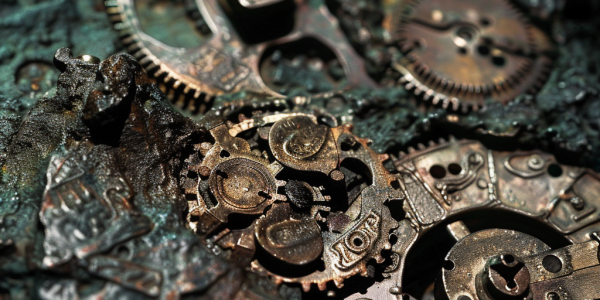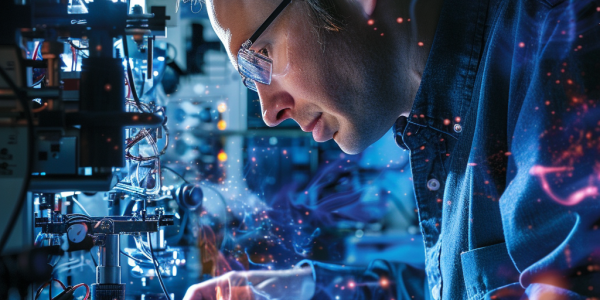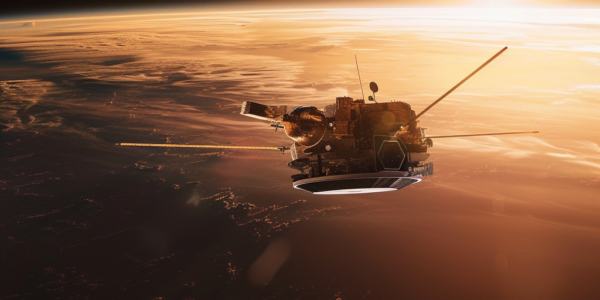New Study Challenges Understanding of Antikythera Mechanism
Discover the latest study revealing new insights into the Antikythera mechanism, an ancient device that continues to fascinate researchers. Learn how gravitational wave astronomy techniques challenge traditional views on the device’s calendar function, sparking debate among experts. Explore the implications of a proposed lunar calendar function and the differing opinions within the scholarly community.
Astrophysicist Leads Development of Groundbreaking Space Probe for Gravitational Wave Detection
Learn about the groundbreaking space probe, LISA, being developed by theoretical astrophysicist Sean McWilliams at West Virginia University. Scheduled for launch in 2035, LISA aims to revolutionize our understanding of the universe by detecting and measuring gravitational waves generated by cataclysmic events like black hole collisions and neutron star mergers.
The LISA Mission: Unveiling the Echoes of Black Hole Mergers
The European Space Agency is preparing to launch the LISA mission, a groundbreaking endeavor set to detect gravitational waves that originated at ‘the dawn of time.’ This ambitious mission will involve building a trio of satellites to trail Earth around the Sun, marking a significant leap in our ability to observe and understand cosmic phenomena. With the potential to unlock new insights into cataclysmic events in the cosmos, such as the merger of supermassive black holes, the LISA mission represents a pivotal step forward in our quest to unravel the mysteries of the universe.



